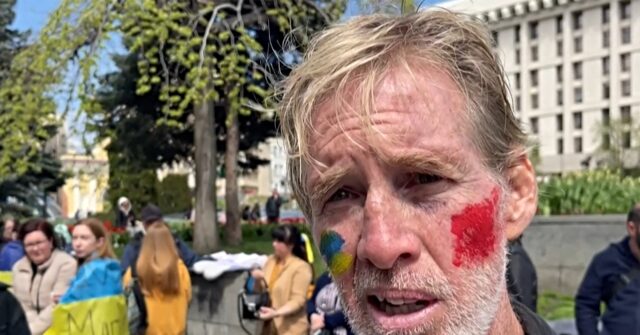In September, Ryan Routh was arrested for allegedly attempting to assassinate President-elect Donald Trump, leading to a critique of Politico’s coverage of the incident. Routh claimed in a letter to Politico that he does not identify as a Democrat, asserting that the publication misrepresented his motives. The response highlights a growing concern regarding the portrayal of political violence in media, suggesting that Politico reflects a “fake news” narrative by presenting Routh’s argument without adequately contextualizing his actions or intentions. This critique emphasizes the gravity of political assassinations, deeming any attempt to undermine the will of the voters as a severe threat to democracy.
The Politico article addressed the controversy surrounding Routh’s case but was criticized for its perceived dishonesty and failure to clarify Routh’s motivations. Rather than directly attributing responsibility for the assassination attempt to the charged political climate, the piece suggested uncertainty surrounding Routh’s motive. The article’s headline and body text indicated confusion, while the evidence presented in the letter by Routh seemed to provide clarity regarding his justification for the attempt on Trump’s life. The disparity between the publication’s claims and Routh’s words prompted accusations of disingenuous reporting.
In the opening and closing sections of the article, Politico presented a narrative that shifted blame for the attempt away from the political rhetoric surrounding Trump and towards the general chaos of partisan politics. The report opened by referencing Trump’s reaction to the assassination attempts, as well as comments made by his running mate JD Vance, implying that their rhetoric contributed to the anger directed toward them. The closing paragraph suggested that the complexity of the motives behind such violent acts could not be wholly deciphered. However, this perspective was seen as dismissive in light of Routh’s clear articulation of his thoughts in the letter.
Routh’s letter to Politico, composed before the election, articulated a sentiment that appears to align with leftist and anti-Trump rhetoric. He expressed a desire to limit presidential powers, warning of Trump’s potential to “seize” control of the nation. Notably, Routh branded Trump a “dictator,” echoing language commonly used among critics of the President. Furthermore, Routh likened himself to another individual who previously attempted to shoot Trump, declaring a commitment to die for what he viewed as “freedom and democracy.” These statements seemingly contradict Politico’s assertion of the necessity of further analysis regarding his motivations.
Despite Politico’s attempt to frame the article as a neutral exploration of motivations behind violence, critics accused it of contributing to a culture of political violence. By downplaying the ideological undertones present in Routh’s narrative, the article was seen to obscure the connection between radical rhetoric and violent acts. The mention of terms like “dictator” and “freedom” in Routh’s writings pointed towards an influence of partisan dialogue, hinting at a disturbing trend wherein politically charged languages could lead individuals to commit acts of violence against political figures.
The broader implications of this case highlight the potentially dangerous intersection of media narratives, political discourse, and individual actions. The response to Politico’s article illustrates a concern about how the framing of political violence can affect public perception and discussion around the motives of those who commit such acts. Critics advocate for responsible reporting that acknowledges the context in which violent behavior can emerge, calling for a media landscape that engages with these issues in a thoughtful and informed manner. In highlighting the complexities of political violence, the critique of Politico serves as a reminder of the need for thorough and honest journalism in the face of politically charged incidents.

